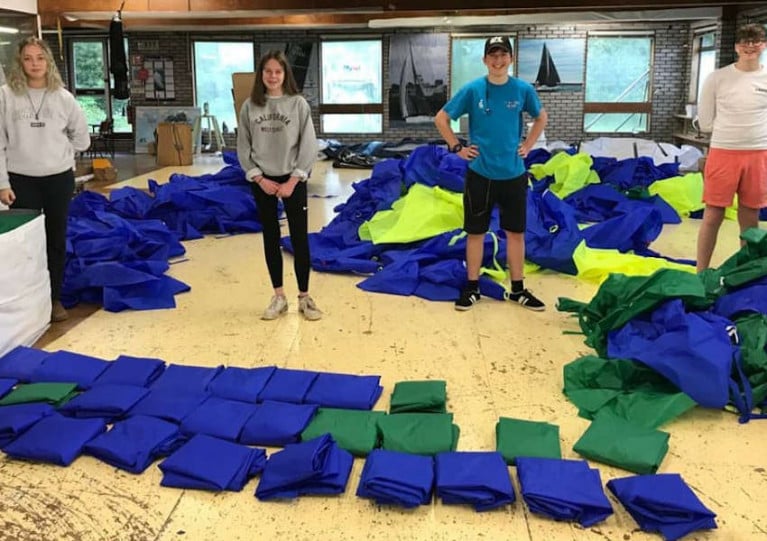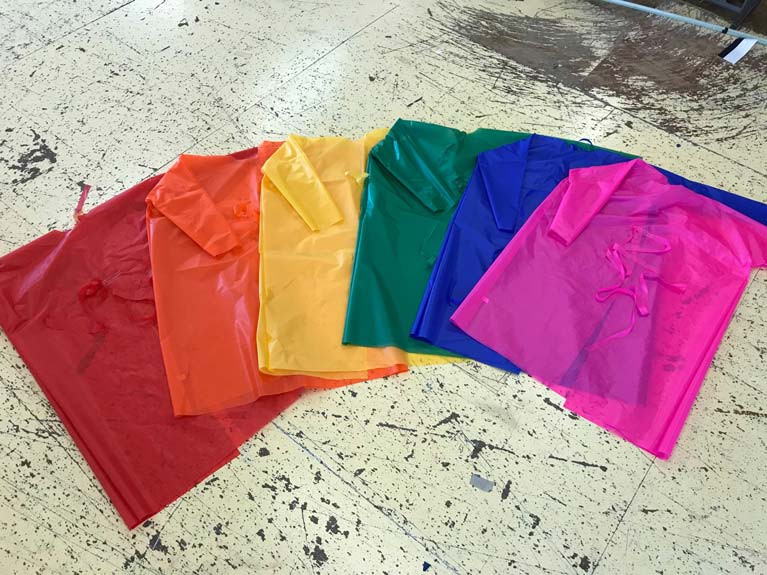Displaying items by tag: PPE
Covid-19 PPE Waste Posed "Lethal Threat to Nature" - New Study
Covid-19 personal protective equipment has posed a “lethal threat to nature”, a new study by scientists involving Britain’s Natural History Museum (NHM) has found.
Billions of face masks and gloves produced for protection from the virus are making plastic pollution “an even greater issue”, the study has said.
While no longer as “prevalent” as they once were, the disposable masks and gloves could stay in the environment for “tens if not hundreds of years”, it warns.
Entanglements were one of the most prevalent threats, with some animals being killed after becoming caught in the plastic debris, the study drawing on community science observations from around the world has noted.
The paper’s co-author, NHM principal curator and curator in charge of birds at the museum Dr Alex Bond, says that “we really don't know how big a problem pandemic waste could be”.
“As many areas of the world had restrictions on non-essential movement, we will never be able to know the true extent of the issue, but this study gives us a snapshot into the sheer diversity of species that were affected,” he says.
The study captures only 114 observations from around the world, representing “just a fraction of the much larger impacts of COVID-19 waste on wildlife”.
At the pandemic’s height, estimated global demand was for over 129 billion disposable masks per month.
“We filter out most litter in our environment, as it represents examples such as crisp packets or cigarette butts that we've seen for years or decades,” Dr Bond explains.
“When PPE [personal protective equipment] flooded our waste management systems in the early days of the pandemic, it was a lot more obvious because it was new,” he says.
“Now we don't even flinch when we see a blue face mask on the ground. It's rapidly become part of our everyday experience of waste in our environment,” he says.
The Royal Cork Yacht Club has congratulated members of its U25 Academy who have been getting involved in UK Sailmakers Ireland’s recent PPE-making efforts.
After closing its Crosshaven loft to customers in mid-March, UK Sailmakers Ireland last month took on the mammoth task of switching from its usual sail wardrobes to scrubs and masks for frontline HSE workers in the fight against coronavirus.
Among those pitching in were Erica Rhodes, Leah Hanlon, Griff Kelleher and David Jones, who earned the praise of their home club on social media.
UK Sailmakers in Cork Harbour have busy fulfilling the many orders for gowns for healthcare workers in the frontline against COVID-19.
As Afloat reported previously, sailmaker Barry Hayes and his team at Crosshaven have been deploying their resources to help make Personal Protective Equipment (PPE) for local healthcare workers at the front line in the fight against this disease.
"We hope the rainbow colours bring a touch of joy to those working tirelessly on the frontline", Hayes said on social media.
First conceived by UK Sailmakers Norway, the UK lofts in New York, Canada and the Irish loft have made refinements on the design and material selection.































































